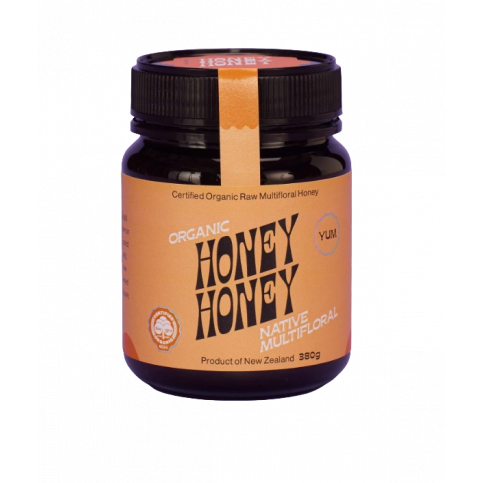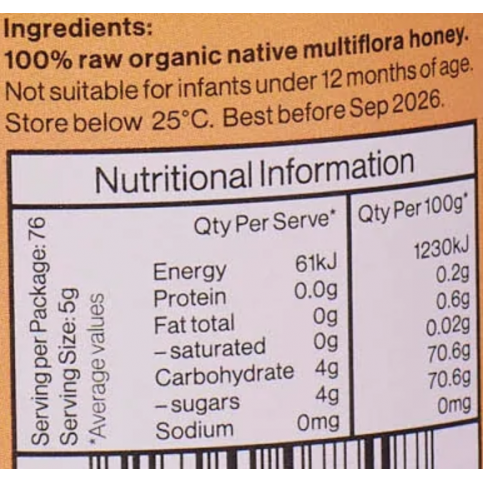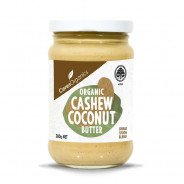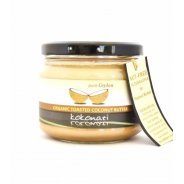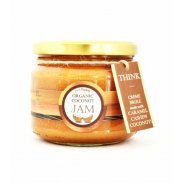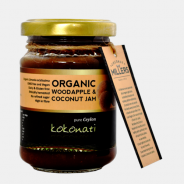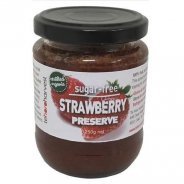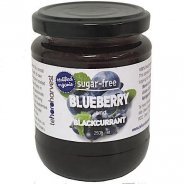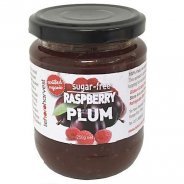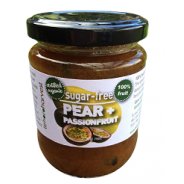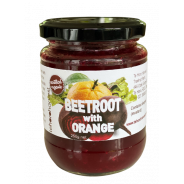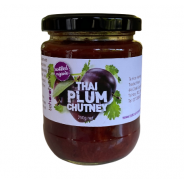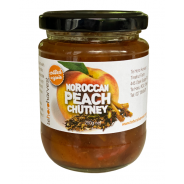Multifloral Honey (Certified Organic, Raw, NZ) - 380g
-
$19.95
Honey Honey Multifloral Honey (Organic, Unpasteurised) - 380g
Everyday use for eating & cooking
Raw goodness with all good stuff in it. The clean green Runanga Block has blooms native to New Zealand only. Trees like Kamahi (Weinmannia racemosa) and Rewarewa (Knightia excelsa) produce a honey unique in texture & flavour.
This native Multifloral honey contains key vitamins and minerals, including vitamin B6, thiamin, riboflavin, pantothenic acid, niacin, zinc, iron, potassium, calcium, phosphorus, magnesium - a total of 22 amino acids and around 5,000 enzymes. A great healthy addition to teas, baking, smoothies and meals.
Ingredients: Organic Multifloral Honey
Certification: BioGro Organic
Origin: NZ
Enjoy Me...
- We enjoy this delicious honey as a sweetener in our favourite drinks, drizzled over yogurt or fruit or simply on toast or in a sandwich. Yum!
How Interesting...
- Pesticides, herbicides, and agricultural spraying are non-selective. This means they kill a host of critically beneficial insects including bees. Over 40% of insect species are rapidly declining and 58 species are already extinct, gone forever. Organic beekeeping is about making sure that honey is produced in a sustainable and eco-friendly way, being able to trace exactly where our bees have been, and what they might’ve met along the way and protecting the future of the bee colonies. “Through constant learning, improvements and sustainable practices, we can continue to produce superior-quality honey just as nature created it.”
| Enjoy Me... | |
| 1. | We enjoy this delicious honey as a sweetener in our favourite drinks, drizzled over yogurt or fruit or simply on toast or in a sandwich. Yum! |
| How Interesting... | |
| 2. | Pesticides, herbicides, and agricultural spraying are non-selective. This means they kill a host of critically beneficial insects including bees. Over 40% of insect species are rapidly declining and 58 species are already extinct, gone forever. Organic beekeeping is about making sure that honey is produced in a sustainable and eco-friendly way, being able to trace exactly where our bees have been, and what they might’ve met along the way and protecting the future of the bee colonies. “Through constant learning, improvements and sustainable practices, we can continue to produce superior-quality honey just as nature created it.” |
